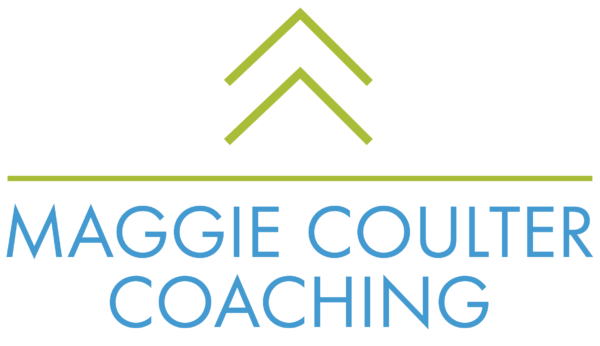The Pioneering Spirit
The situation:
Last Canada Day, my husband and I decided to play tennis on a public court in our neighbourhood. Still dressed in our dog-walking clothes, we dug our racquets out from a cupboard in the laundry room, tied up our sneakers and headed out the door.
To our delight, both courts were empty when we arrived. We parked our car nearby and then realized that a construction crew had blocked off every entrance to the courts except one, which was inconveniently located on the other side of a 7-foot fence. In the pioneering spirit of the day, we shimmied up the fence and managed to climb over without accident.
It’d been a while since we last played so our expectations were low; surprisingly, our skills weren’t that rusty and we managed to get in several decent rallies before quitting.
“Maybe next time we can try playing an actual game,” Mike said ambitiously as we walked back to the car.
“Yeah, maybe,” I replied, unconvincingly. The added pressure and dynamic of having to win against someone instantly makes tennis less fun for me. I’d rather focus my attention on personal progress than battling competitively with others.
For the first time, I wondered if there were a way to approach tennis that suited my preferences, instead of having to play it the way it always has been.
The opportunity:
A lot of what we do in this world is done simply because it’s always been done that way before. No one is saying we can’t change that though, at least for ourselves. What if what mattered to you was factored into everything you do?
For myself, I’m process-oriented by nature. I focus my time and energy on improving the quality of my experiences by continually tweaking my process for showing up in each one. I’ll consider my intentions beforehand or I’ll stop to check in with myself during an activity (notice how I think and feel), or I’ll remember what helps me be present; letting go, being curious and open, trusting the moment. I love being this way.
With that in mind, I came up with an idea for how I could play tennis and still appreciate the benefits of measuring and tracking progress. I suggested to Mike that we target our form (i.e. with acknowledgement for bringing our racquet back before hitting a forehand shot or following through on every backhand), and the quality of our rally – for instance, aiming to ensure that each of us hits a minimum of 5 forehands and 5 backhands to the other person.
The details are still murky, but there’s potential in this approach.
The practice:
What’s important is the idea of becoming more open to new ways of doing things that satisfy your own personal preferences, and not just of those who came before you.
This can begin by noticing your resistance to an activity, and reflecting on the source of that resistance. You may not be able to change the world all at once, but there will be an opportunity to change some aspect of your approach that could lead to a more pleasant and enjoyable experience.
Dream, imagine, and share with someone who will listen. You never know where it will go.
For your own reflection:
1. What activity do you resist, or wish you could enjoy more? What is it about that activity that you don’t like?
2. How might you approach that activity differently, to honour your personal preferences? (Be creative!)
3. What permission do you have to give yourself in order to continue considering new approaches to old activities?
P.S. Tennis seems to inspire lots of different ways of thinking. In 1972, W. Timothy Gallwey published a great book called “The Inner Game of Tennis.” This later led to his book, “The Inner Game of Work: Focus, Learning, Pleasure and Mobility in the Workplace,” a personal favourite of mine.
